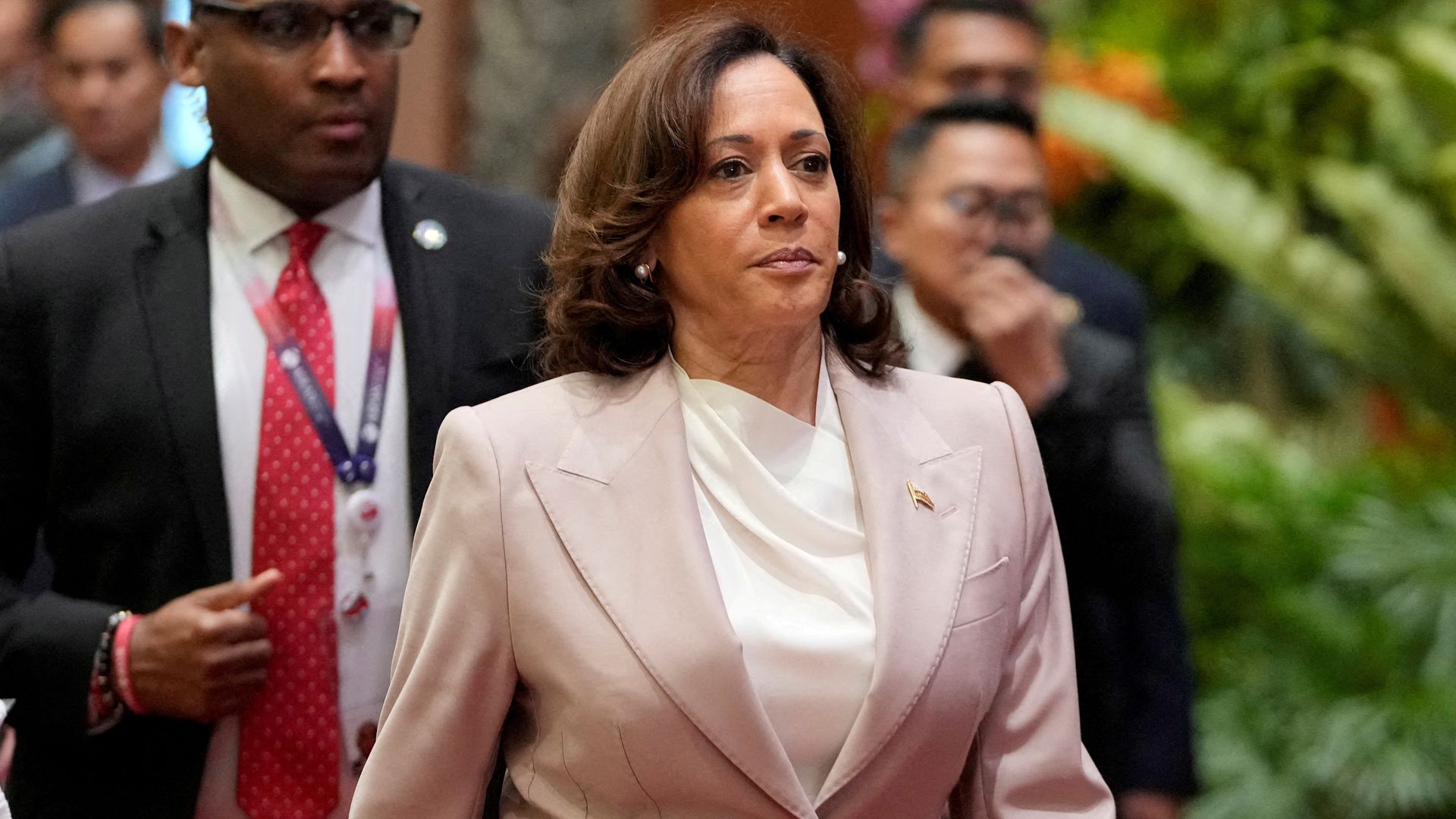
Ray Bogan: If you’ve seen a Google search ad lately, it’s possible you came across a glowing headline about Vice President Kamala Harris.
“Harris will lower healthcare costs – VP Harris protects healthcare”
“Trump will “terminate” ACA – Harris will lower health costs”
“VP Harris’ economic vision – building up the middle class”
They all have mainstream organizations seemingly listed as the publisher like Reuters, the AP, and NPR. The article description below the headline looks more like a press release or an advertisement rather than a news article.
For example, “A future where every person has the opportunity not just to get by but to get ahead. We won’t go back to the failed trickle-down policies that hurt…”
The thing is, those weren’t written by the news organizations, they’re advertisements by the Harris campaign. The news organizations said they didn’t know it was happening.
Axios first reported the Harris campaign’s use of Google search ads.
When asked about their name being used, The Guardian told Axios, “While we understand why an organization might wish to align itself with the Guardian’s trusted brand, we need to ensure it is being used appropriately and with our permission. We’ll be reaching out to Google for more information about this practice. ”
“We were not aware the Harris campaign was using our content in this manner,” A Gannet spokesperson told their subsidiary USA Today. “As a news organization, we are committed to ensuring that our stories are shared appropriately, adhering to the highest standards of integrity and accuracy.”
An AP spokesperson said they weren’t aware of it either, nor would they allow ads like that to run on their website.
According to Google’s Ad Transparency Center, the campaign has paid for hundreds of ads made to look like articles. On an ad by ad basis, they have spent anywhere from less than a hundred dollars to upwards of five to six thousand dollars.
The news organizations did not appear happy with the Harris campaign for doing this, and ethics experts say it’s a bad move.
“The doctored headlines risk coming across as misleading at best and misinformation at worst,” Marketing Professor Andy Rohm from Loyola Marymount University in California told USA Today. “This approach can damage a brand such as the Harris-Walz campaign in that it seems to be incongruous with the campaign’s stated values.”
The Harris campaign declined to comment for multiple reports on the subject. Google says the ads are easily distinguishable from search results because they’re labeled as ads.
Facebook does not allow advertisers to edit text of articles in what it says is an effort to prevent misinformation and false news.










